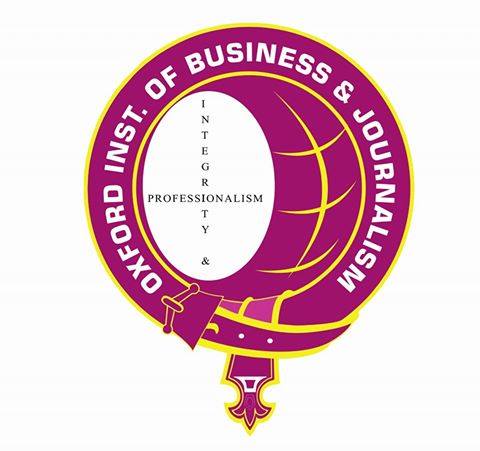DIPLOMA IN BUSINESS STUDIES (DBA)
This course is suitable for all those to be, ‘junior’ and ‘middle’ level managers in businesses and organizations. The course will enable students to gain new skills and develop existing knowledge and understanding of range management theories both from the course tutors and fellow students.
NATIONAL RELEVANCE
As a developing nation the need for middle level manpower to accelerate development is inevitable. With increasing pressure from many sources to improve upon the living conditions of people, African governments have over the years put in place development plans for their nations and there is the pressing need to train a lot more middle level manpower to propel these development agenda.
Mid-level management jobs are highly challenging. With a global trend towards flatter, learner and more agile organizations, mid-levels leaders need to cope with ever changing marketplace, increasing and more challenging responsibilities, more complex and sophisticated interpersonal issues, and often less job security. However, there is a growing understanding that, rather than being the “fat” of an organization, midlevel leaders are at the heart of its success. Without strength in this group, the organization’s ability to implement its strategy and achieve results will be significantly limited.
The stakes are higher for middle managers who must operate under higher scrutiny and in more complex and ambiguous situations. There is therefore the need for Ghana, as a developing nation, to channel a lot more of its resource in the training and development of this type of manpower if government is to attain its development agenda. Also the need for administrators in government institution and the various sectors of the economy cannot be overemphasized. These administrators will help shape and steer the affairs of these organizations.
TARGET MARKET
The target market is the year growing and expanding industrial and service sectors of the economy that are in need of middle level manpower to steer the affairs of their organizational objectives. Graduates can therefore be employed as Assistant Managers, Administrative Assistants, Project Coordinators, Supervisors, to mention a few.
DURATION OF PROGRAMME
Two years (4semesters)
AIMS AND OBJECTIVES
The diploma in Business Administration programme is designed to equip students with management principles to enable them work in the private and public sectors of the economy. It will enhance the knowledge and skills of graduands to take up responsibilities as junior level managers and be adequately prepared in the field of the industry. It would also prepare them to be self-sufficient to set up their own jobs to reduce the number of persons scrambling for fewer jobs on the market.
The objectives of the programme include:
- Develop high level managerial skills in order to handle and adapt to major changes in business tasks in the 21st century;
- Apply the management functions of planning, organizing, leading and controlling business ventures;
- Develop entrepreneurial skills to be self-employed;
- Acquire working knowledge of law as applied to cooperate activities;
- Acquire higher knowledge in computer and internet facilities to enhance office tasks.
JUSTIFICATION
- To widen the scope of administrative sectors
- To enhance the image of the university in terms of new programmes
ENTRY REQUIREMENTS
- SSSCE/WASSCE APPLICANTS
Three passes not below D7 (WASSCE) or D (SSSCE) in core subjects including English and Core Mathematics PLUS two credit passes in relevant elective subjects.
- O’LEVEL/GBCE AND A’LEVEL/ABCE APPLICANTS
Five passes in O’ Level/GBCE including English Language and Mathematics.
- MATURE APPLICANTS
- Must be at least 25years at the time of application.
- GCE ‘O’ Level with four (4) passes, including English Language, Core Mathematics, and three Elective subjects at the SSSE/WASSCE level.
- Must provide documentary evidence of relevant work experience
- Must pass an entrance examination and a selection interview
TEACHING AND LEARNING
Lessons should be a combination of seminars, discussions, groups and individual work. Students should be encouraged to participate in and contribute to classroom sessions.
ASSESSMENT POLICY
- All courses will be assessed with a combination of continuous assessment and end of semester examinations.
- Continuous assessment forms 40% with the following components
- Quizzes and test
- Case projects and presentations
- Students’ ability to ask and respond to questions intelligibly
- End of semester examinations also forms 60% of the total score.




